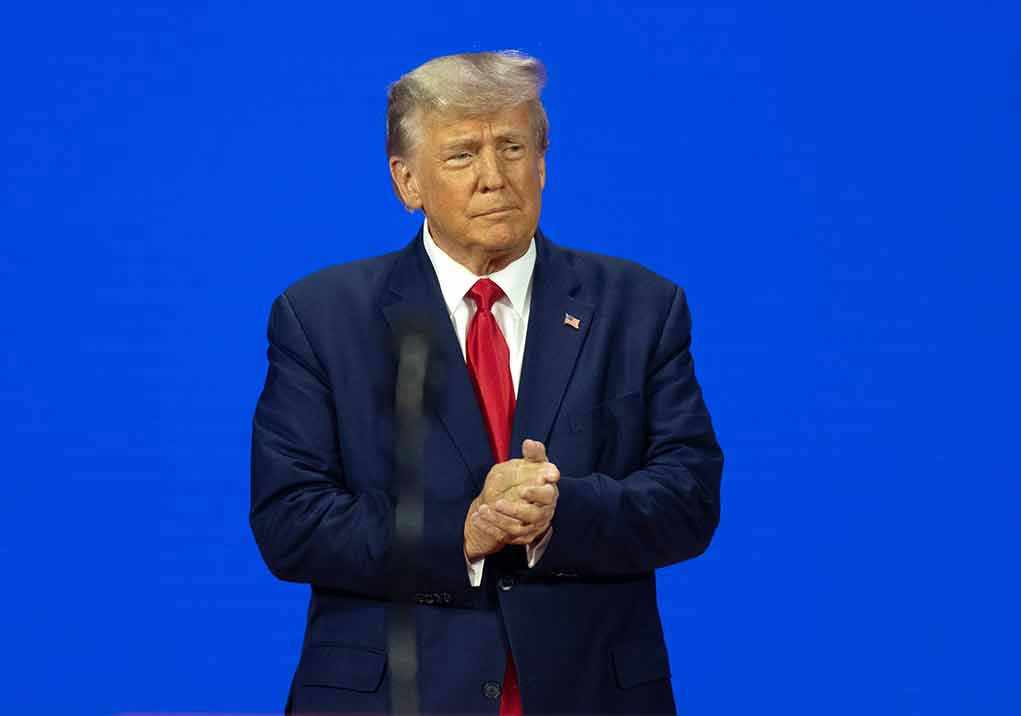
Trump is pulling the United States out of UNESCO again, leaving many to wonder if this marks the end of America’s involvement in global cultural institutions.
At a Glance
- The Trump administration announced a new withdrawal from UNESCO by the end of 2026.
- This decision follows historical tensions over UNESCO’s perceived biases and agendas.
- The withdrawal is part of a larger shift away from multilateral organizations under Trump’s leadership.
- UNESCO stands to lose a significant donor and influential member.
Trump’s Withdrawal Decision
President Trump has once again ordered the United States to exit the United Nations Educational, Scientific, and Cultural Organization (UNESCO), citing ideological differences and a so-called anti-Israel bias. This decision, announced on July 22, 2025, will take effect on December 31, 2026, marking another chapter in the tumultuous relationship between the U.S. and UNESCO. The move is part of Trump’s broader policy to scale back U.S. involvement in international organizations and prioritize “America First” policies.
The Trump administration’s announcement has stirred reactions across the globe, with some praising the move as a necessary step to protect U.S. sovereignty against globalist agendas. Others view it as a retreat from international cooperation and a blow to America’s influence in global cultural, educational, and scientific policy forums. As the U.S. prepares to exit, UNESCO will lose a major donor and influential member, potentially impacting its operations and budget.
Historical Context
Dating back to 1945, the United States has had a rocky relationship with UNESCO. The U.S. was a founding member, but ideological disagreements have led to multiple withdrawals. President Ronald Reagan first pulled the U.S. out in 1983, citing anti-Western bias and excessive politicization. The country rejoined in 2003 under President George W. Bush, only to exit again in 2017 during Trump’s first term, citing anti-Israel bias and a failure to reform. The Biden administration reversed this decision in 2023, aiming to restore U.S. influence.
The latest withdrawal marks another shift in policy, reflecting ongoing tensions between U.S. unilateralism and multilateral global governance. Each withdrawal has been linked to concerns over UNESCO’s perceived political bias and debates over U.S. sovereignty versus multilateral engagement. This cycle of engagement and disengagement underscores the complex dynamics at play in U.S. foreign policy.
Impact on UNESCO and Global Relations
UNESCO stands to lose a significant financial contributor and influential member with the U.S. exit. The withdrawal will likely strain the agency’s budget and operations, impacting projects worldwide. The U.S. absence could shift the balance of power within UNESCO, increasing the influence of other member states and potentially emboldening countries skeptical of multilateralism to reconsider their participation.
The decision also has implications for U.S. educational, scientific, and cultural institutions, which may lose access to UNESCO programs and networks. Global heritage sites and initiatives reliant on U.S. funding or expertise may face challenges, while communities benefiting from UNESCO’s work in the U.S. and abroad could see reduced support. This move further polarizes international relations, especially concerning Israel and Middle East issues.
Reactions and Future Outlook
UNESCO Director-General Audrey Azoulay expressed deep regret over the U.S. decision, stating it contradicts UNESCO’s principles. She emphasized that political tensions have eased and that UNESCO offers a forum for consensus and multilateralism. Meanwhile, Israeli officials have welcomed the move, thanking the U.S. for its “moral support and leadership” in opposing what they see as UNESCO’s anti-Israel bias.
French President Emmanuel Macron and other European leaders have expressed strong support for UNESCO and regret over the U.S. decision. They emphasize the organization’s universal role in science and culture, urging continued engagement. The Trump administration, however, frames the withdrawal as a necessary step to protect U.S. sovereignty, aligning with its broader “America First” policy. As the U.S. prepares to exit, international leaders and organizations must grapple with the implications for global cultural cooperation.




